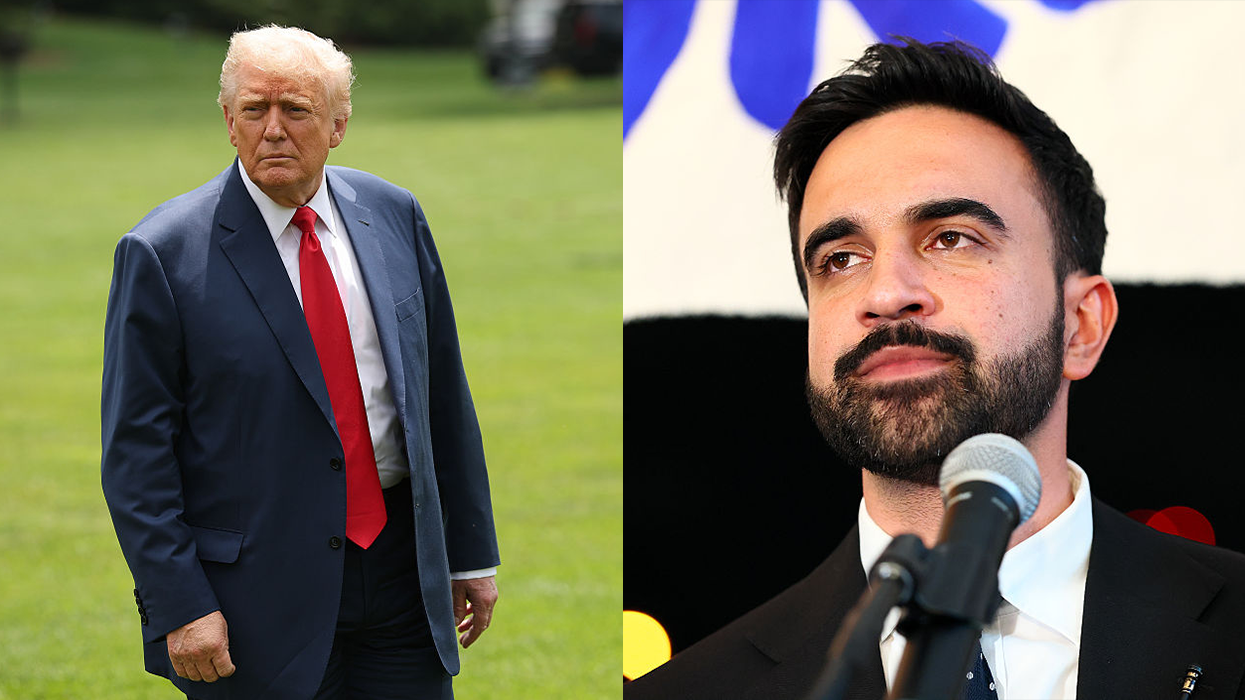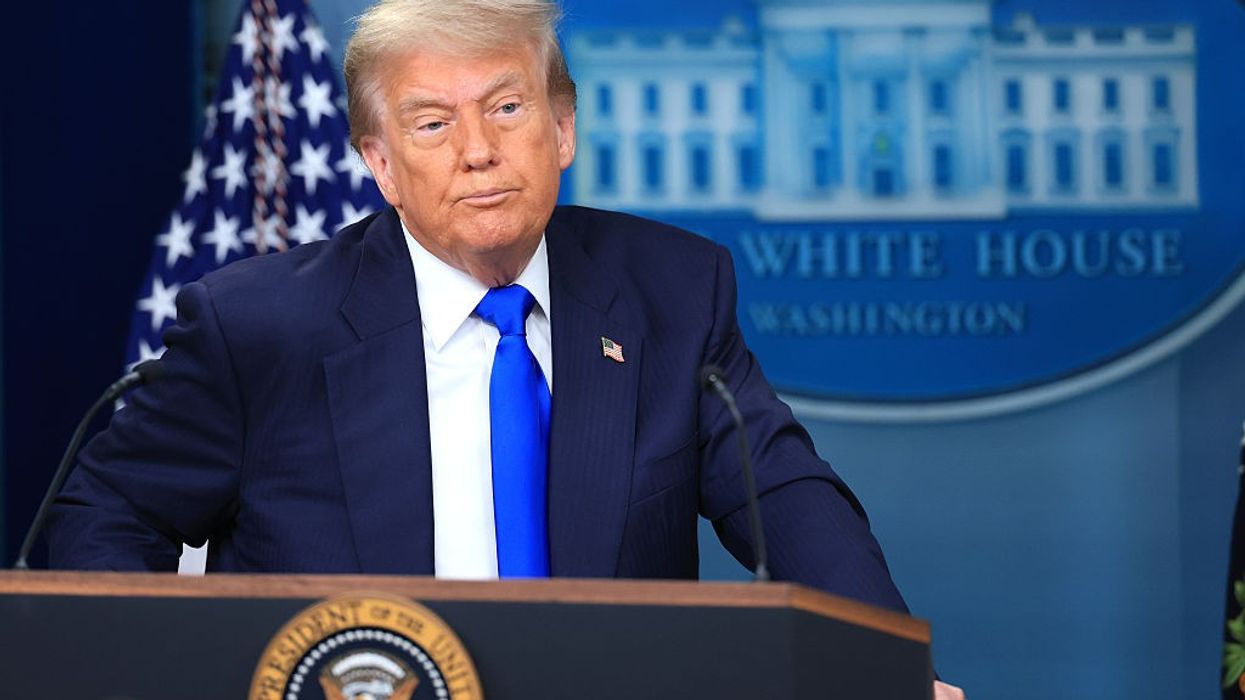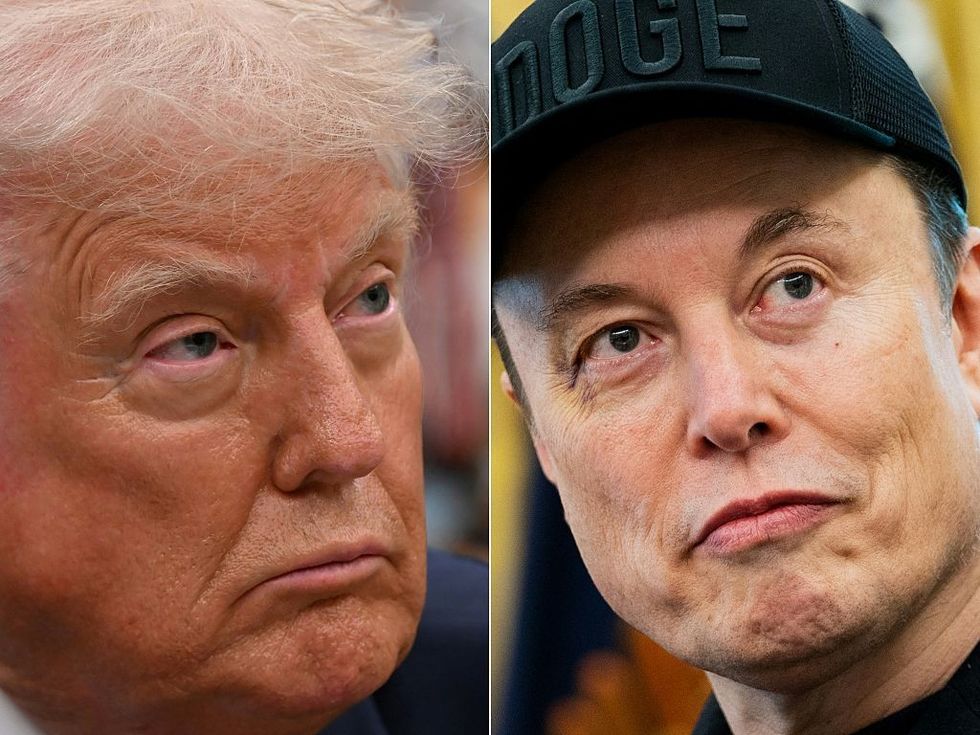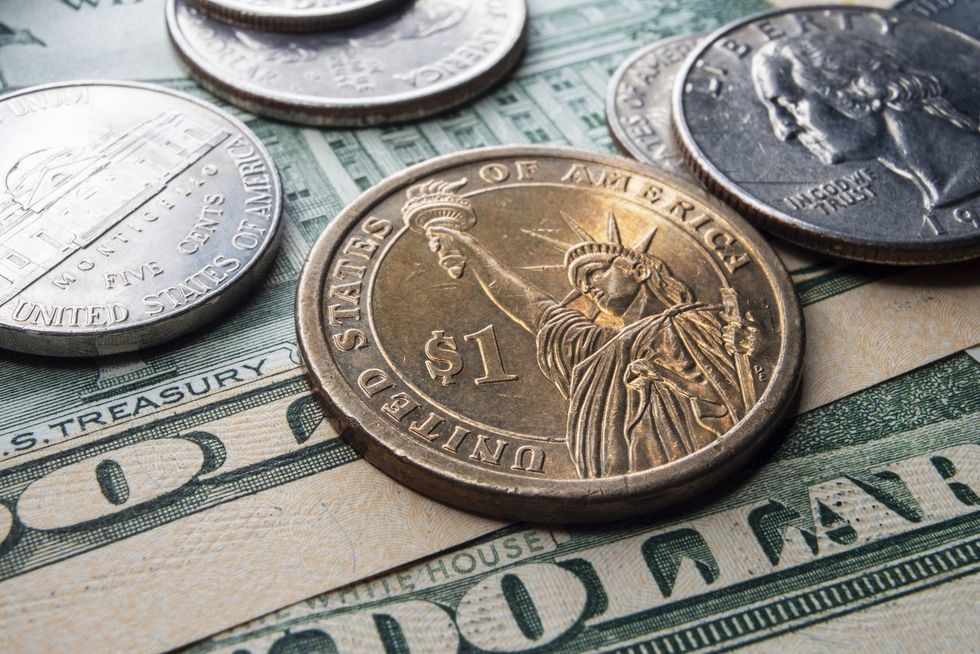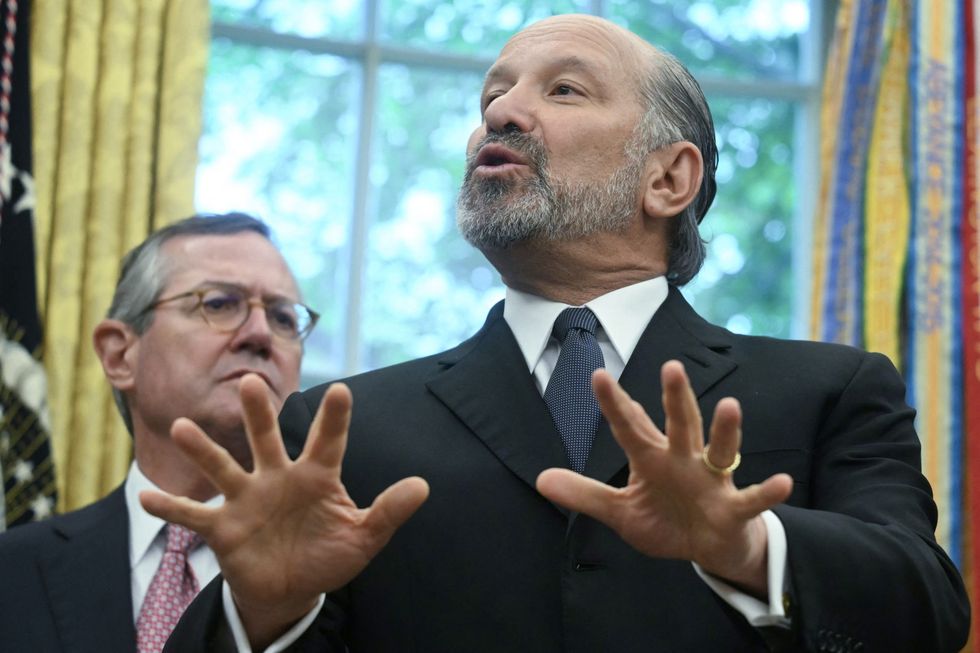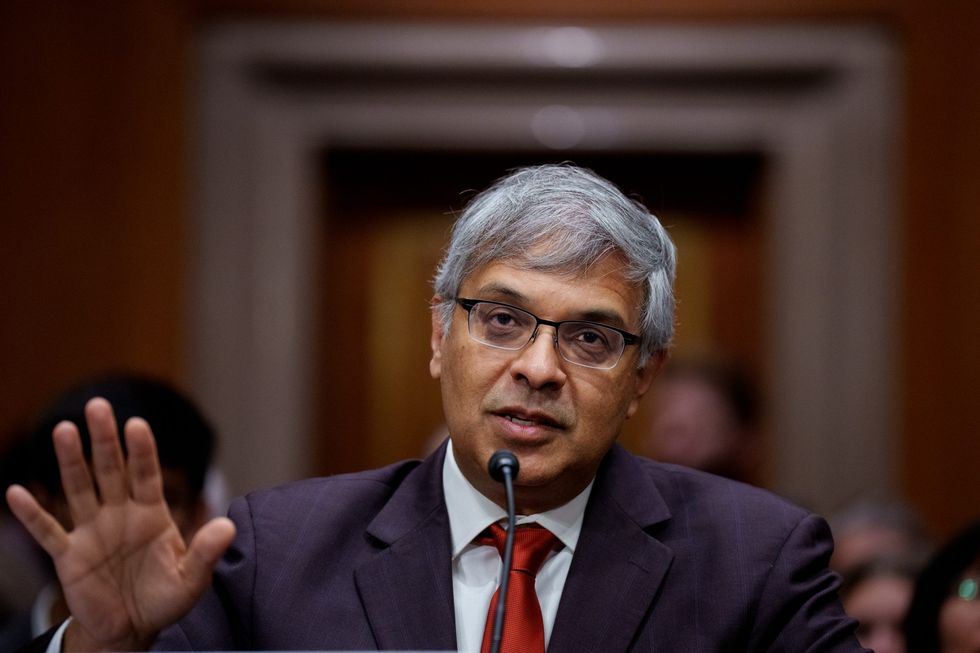TATA Sons has won the bid for acquiring national carrier Air India for Rs 18,000 crore (£1.7 billion), the Indian government announced on Friday (8).
The transaction is set to be completed by December, department of investment and public asset management secretary Tuhin Kanta Pandey said.
The bid was filed by Tata Sons wholly-owned subsidiary Talace Pvt Ltd.
ALSO READ: Healthy Air India is good for the country: SpiceJet CMD
Ratan Tata shares picture of JRD Tata with Air India flight and crew: 'Welcome back'
Tata Sons were up against Spicejet chairman Ajay Singh-led consortium who had bid Rs 15,100 crore (£1.4 billion). An empowered panel of ministers led by Indian home minister Amit Shah gave the nod to the conglomerate’s offer over that of Singh, the only other bidder in the fray.
India says no decision on Air India sale after report cites Tata Sons as bid winner
The total debt of Air India as of August 31 stands at Rs 61,562 crore (£6 billion). The debt which will be taken over by Tata will amount to Rs 15,300 crore (£1.4 billion) while Rs 46,262 crore (£4.5 billion) will remain with Air India Asset Holdings Ltd -- a special purpose vehicle created to retain the non-core assets, land and the debt of Air India which Tata will not take.
Tata Group patriarch Ratan Tata reacted to the development, tweeting "Welcome back, Air India".
Air India’s reserve price was fixed after the bids were called to ensure that the bidders do not get to know about the reserve price prior to their bidding.
The government will divest its 100 per cent stake in Air India, Air India Express and 50 per cent stake in ground handling company AISATS.
“A competitive process has been carried out in a transparent manner,” Pandey said, noting that the bidders had to quote a “minimum 15 percent of enterprise value for cash consideration”.
He added that the bidders were to quote a “maximum 85 percent of quoted enterprise value for retained debt”.
Air India has not made profits in 15 years and its sale was a vital piece in the government’s ambition to privatise assets. Finding a buyer for the debt-ridden carrier was tough because the airline— nicknamed Maharaja—has long struggled to stay aloft and hit by competition.
For the Tatas, Air India offers some prized assets despite its debt. The Tatas got access to slots at busy foreign airports, attractive destinations such as the Gulf, thanks to bilateral flying rights between India and other nations, membership to Star Alliance global network, the fleet of narrow and wide-body aircraft and a trained workforce, Moneycontrol reported.
Following the transaction, Tata Sons will gain control of Air India’s 4,400 domestic and 1,800 international landing and parking slots at the country’s domestic airports and 900 slots at foreign ones, Reuters reported.
Homecoming for Air India
Tata’s winning the bid also marked a homecoming for Air India. It was JRD Tata who had founded the airline in the 1930s with a capital of Rs 2 lakh (£1,958) given by then chairman of Tata Sons, Sir Dorabji Tata.
JDH piloted its first flight in 1932, making the take-off of India’s aviation industry.
In 1946, the aviation division of Tata Sons was listed as Air India and two years later, Air India International was launched with flights to Europe.
The international service was among the first public-private partnerships in the country with the government holding 49 per cent stake. The Tatas had 25 per cent while the public owned the rest.
In 1953, Air India was nationalised. The Air Corporation Act created two airlines -- Air India International and Indian Airlines Corporation (IAC), which is the forerunner of Indian Airlines.
Air India played a big role in putting India on the world aviation map. Besides carrying dignitaries from the country and overseas, Air India also advised other countries like Singapore and Malaysia when they set up their own state carriers in the 1970s.
Till the late 1980s, Air India and Indian Airlines had a good run but after they merged in 2007, the good times seemed to be getting over.
In the very first year, the post-merger entity posted a massive loss of Rs 2,266 crore. The losses only continued to rise as competition in India’s aviation sector only got fierce. The government tried to resurrect the airline with bailout packages but it did not pay off and eventually the government decided to privatise the national carrier.

